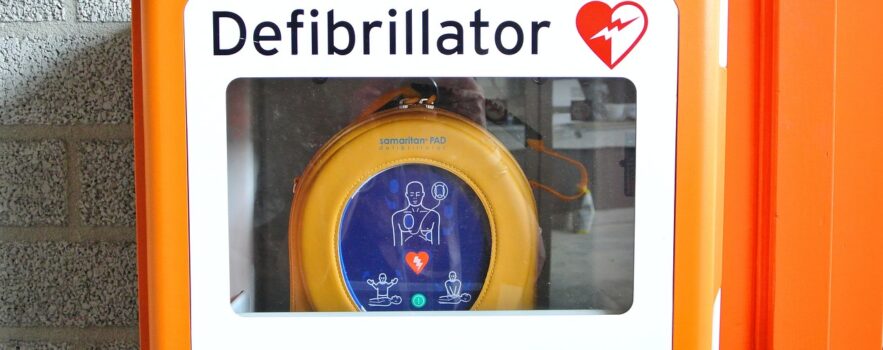Unit scientist Dr Thomas Burgoine is first author on a paper published in the journal Heart yesterday which found that in England and Scotland, but not in Wales, the distances to the nearest 24/7 accessible automated external defibrillator were greater in more deprived neighbourhoods. Using data from The Circuit: the national defibrillator network, the researchers calculated the average road distance to a defibrillator with 24/7 public access in Great Britain’s 1.7 million postcodes, and studied the relationship between the distance to a defibrillator and an area’s level of deprivation.
In a comment to the British Heart Foundation, senior author Dr Chris Wilkinson of Hull York Medical School, who led the study, said:
By calculating how far every postcode in Great Britain is from its nearest defibrillator, we’ve shown just how much deprivation levels affect the public’s access to these lifesaving devices out-of-hours in England and Scotland.
“Making existing defibrillators accessible to the public 24/7 would make a big difference to the average distances people need to travel in an out-of-hours emergency, and would improve equality of access – which can help save lives.”
- Read the British Heart Foundation news article ‘Nearest 24/7 defibrillators over a mile round trip in most deprived areas’
- Thomas Burgoine et al. ‘Automated external defibrillator location and socioeconomic deprivation in Great Britain’ Heart. 28 August 2023. DOI: 10.1136/heartjnl-2023-322985

 MRC Epidemiology Unit
MRC Epidemiology Unit